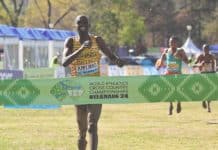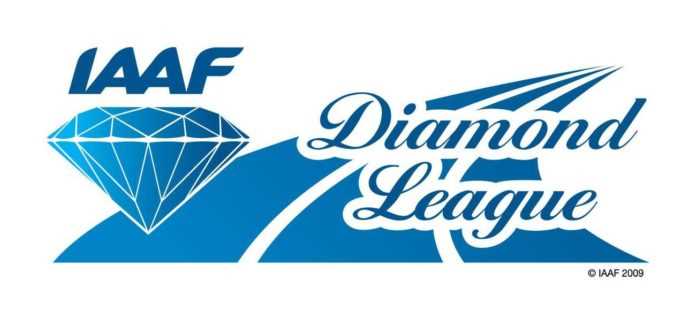The International Association of Athletics Federations (IAAF) Council met in Doha (QAT) and made some major changes to the way the sport will be presented starting in 2020, but also maintained its suspension of the Russian Athletics Federation. Some of the highlights:
● Diamond League to be streamlined in 2020
The IAAF’s Diamond League program will be revised in 2020 from its current format and will include 12 meets instead of the current 14, leading to a single final meet instead of the current dual-final program in Zurich (SUI) and Brussels (BEL).
Moreover, the number of events in the program will be reduced from 32 to 24 and no event will be longer than 3,000 m, and each meet will be conducted in 90 minutes.
There will be meets that will be added – no doubt starting with the ISTAF meet in Berlin (GER) – and some will be dropped. Those meets that are “relegated” will be “compensated” and the IAAF wants to add them to the second-tier Continental Circuit.
The most important element was barely mentioned: how the meets will be scheduled. The IAAF’s notice states that the calendar will be “reformed,” but no more details were given. Having a series of meets that fans can actually anticipate on some sort of regular schedule is crucial, but 12 meets over five months isn’t a lot.
● Russia stays in suspension
The IAAF heard from its Russian Task Force, chaired by Norway’s Rune Andersen and maintained the suspension of the Russian Athletic Federation, pending two conditions still outstanding.
These include (1) reimbursement of the IAAF’s costs of about $2.8 million, which has not yet been received, and (2) receipt of the analytical data from the Moscow Laboratory now being reviewed by the World Anti-Doping Agency, and access to the samples of athletics athletes for testing by the Athletics Integrity Unit.
WADA has committed to providing the data to the AIU as soon as it is validated.
● Race walking changes are still in process
The recommendations of the IAAF Race Walking Committee, to change the events to 10 km and 30 km for both men and women were “agreed in principle,” but the Council is moving forward with a plan to “roll out of two of the following events: 10km, 20km, 30km or 35km from 2022.”
● Olympic qualification for Tokyo 2020
The Tokyo qualifying period will start on 1 May 2019 and conclude on 29 June 2020 and includes the IAAF’s new World Rankings system. The idea is to qualify about half of the entries by achieving a specified qualification mark, and fill in the remaining places via the World Rankings.
The entry standards are here.
● Rule changes
The IAAF approved a change in field-event rules, reinstating the 60-second time limit, and some smaller rule changes.
This is a busy time for the IAAF, and its president, Sebastian Coe (GBR) appears finally to be getting to the presentation and scheduling issues that were the centerpiece of his campaign in 2015. Athletics may be the premier sport in the Olympic Games, but that’s once every four years; its profile is hardly what it used to be compared especially to team sports like football and basketball which have grown exponentially.
Will the new Diamond League format work? No one will know until there are more details, but the question is not whether the reforms make the meets better. It’s whether they make the public pay more attention.




















